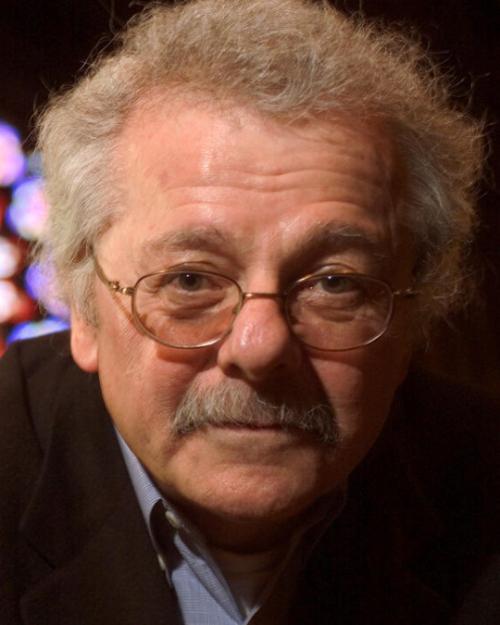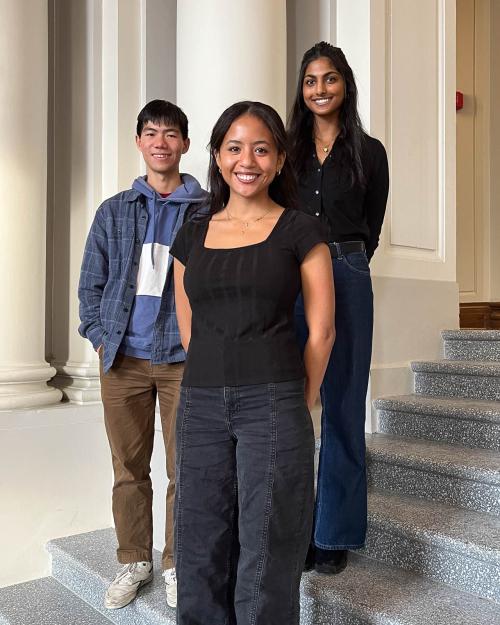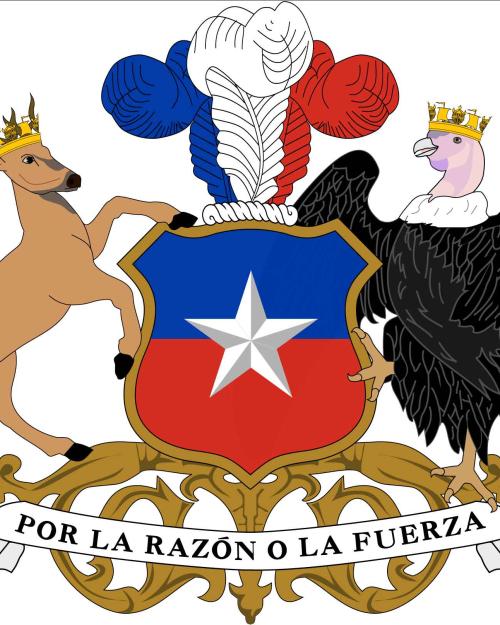The government of Chile announced a national search plan to find the remains of people who disappeared under the country’s military rule from 1973 to 1990.
Raymond Craib, the Marie Underhill Noll Professor of American History in the College of Arts & Sciences, focuses on modern Latin America and is author of "The Cry of the Renegade: Politics and Poetry in Interwar Chile." He says the search for remains isn’t the only effort underway by the Chilean state.
“It has been a long time coming, but the Chilean state is now – on the cusp of the 50th anniversary of the U.S.-backed military coup d’état that ushered in 17 years of military rule – aiding in efforts to find those who were disappeared by the regime of Augusto Pinochet. It is a reminder of how heavy the shadow of the dictatorship looms in the country to this day," says Craib.
“In addition to attempts to find the disappeared, concerted efforts are underway to overturn the radical, neoliberal model Pinochet and his economic advisers forcibly imposed on the population, as well as to replace the authoritarian constitution of 1980 that sought to legitimate and formalize the rule of authoritarians and their ‘free’ market,” says Craib.
For interviews, contact Abby Shroba Kozlowski, 607-229-2681, ars454@cornell.edu.




